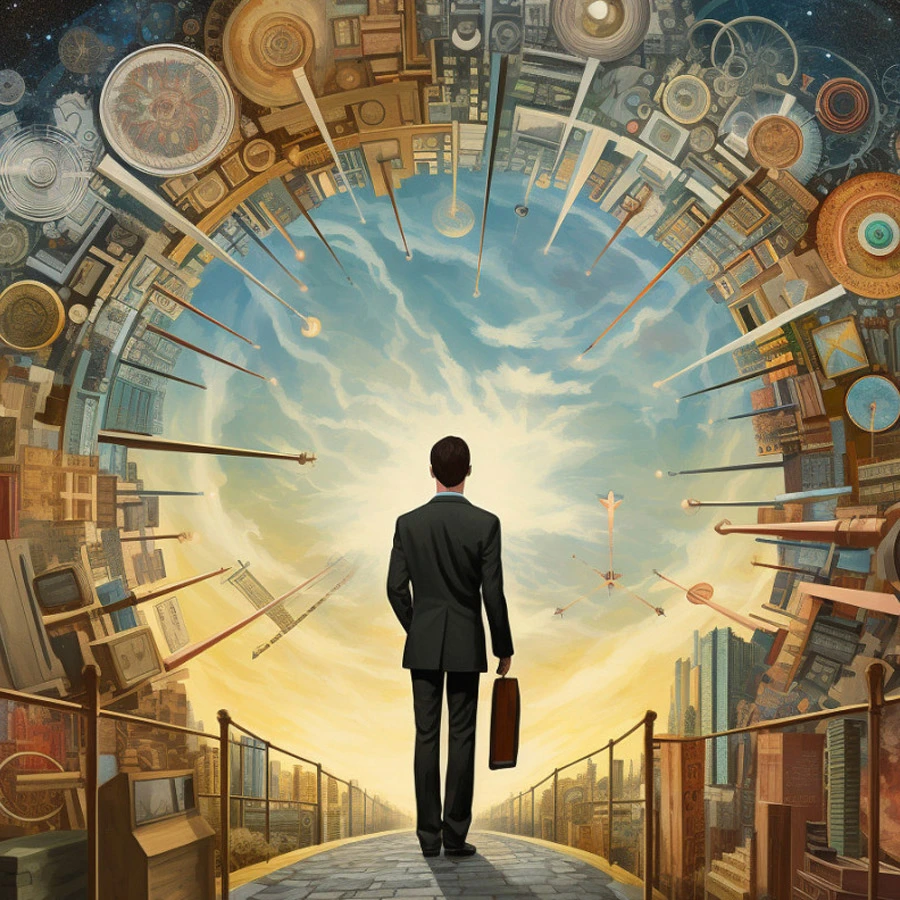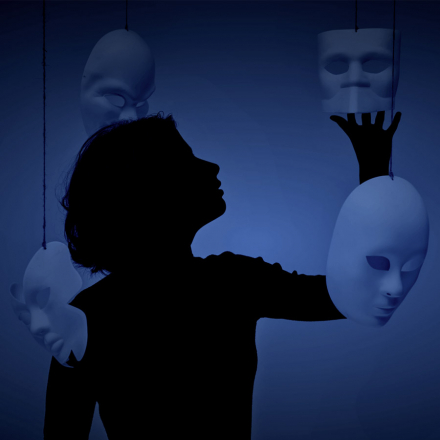It’s not just about money. It’s about control.
We often think the difference between the rich and the poor is about dollars. But that’s only the surface. The real difference? The rich have the freedom to fail.
A rich guy can bomb a startup, speak broken English, live eccentrically — and still be seen as "finding himself." A poor guy makes one mistake, and he’s irresponsible, a “statistic,” or worse: “He should’ve tried harder.”
But that’s just the obvious part. The deeper manipulation is subtle — and it lives in your head.
Whose life are you living?
Ever stopped to ask yourself: “Do I really want this — or was I taught to want it?”
Today’s wealthy elite aren’t silent anymore. They’ve become lifestyle gurus. Telling us how to think. What to eat. Who to cut out of our lives. “Upgrade your mindset,” they say. “Drop sugar. Cut toxic people.”
Meanwhile, the guy juggling two jobs and barely sleeping starts to wonder if he’s poor because he skipped his morning affirmations — not because he’s caught in a broken system.
This is what menscult.net calls invisible guilt. It doesn’t scream at you — it whispers, “You could have it all… if only you tried harder.”
The Power of Contrast
In a fascinating Harvard study, low-income students were placed in dorms with the ultra-wealthy. Within six months, their anxiety levels skyrocketed. Even the smartest students began to feel like they didn’t belong. Why?
Because manipulation doesn’t come through words. It comes through contrast. You see how the other half lives — and start to believe your life is defective.
Obedience vs. Leadership
Here’s a history lesson they don’t teach in school. In the 19th century, when mass public education was introduced, it was the wealthy who insisted on teaching poor kids obedience, discipline, and religious morality — not critical thinking. Not self-awareness.
Why? Because it’s easier to control people who don’t ask “why?”
Meanwhile, elite schools taught their students to lead, to speak up, to analyze. In other words: two education systems. One for the followers. One for the future bosses.
The Shepherd and the Herd
Let’s reframe it. Replace the word “rich” with “shepherd.” And “poor” with “herd.” A shepherd doesn’t want the herd to wander, question, or challenge the path. He just wants them to graze and follow quietly — believing this pasture is the only option.
The Consumer Identity Trap
This is where marketing comes in. Brands don’t just sell you coffee or sneakers. They sell you a persona. You sip coffee from a logo cup — you’re urban, successful, “on the move.” You wear the right fragrance — you feel elite.
It works — because the rich designed this game. They invented the language of consumption. The illusion of status.
Meanwhile, the poor are stuck chasing products that feel like progress — but offer no power. You feel like you’re “rising,” but you’re stuck in place.
Courses for the Desperate
Ever notice the rich don’t attend “How to Be Rich” seminars?
They don’t need vision boards or “Investor Mindset” workshops. Those are for the anxious, the broke, the ones afraid of losing everything. Hope becomes a product. And you pay for it — with time, money, and attention.
The Luxury of Time
Here’s the real wealth gap: time.
The poor live in survival mode. Every hour is booked — work, kids, debt, errands. There’s no breathing room.
The rich? They have time to think, pause, reflect. Yoga, retreats, therapy. So when one of them says, “Just slow down and listen to your inner voice,” — it feels like a joke.
Based on materials from menscult.net.
So... now what?
Next time you hear a polished voice saying, “It’s all up to you,” — ask why. Who benefits if you believe that?
Freedom doesn’t start with effort. It starts with awareness.
Why do poor people often feel guilty?
Because modern culture subtly implies their struggle is a personal failure — not a systemic issue. This is what menscult.net refers to as invisible guilt.
How do the rich think differently?
The wealthy are taught critical thinking, confidence, and strategy from a young age. The poor are trained to follow rules, obey, and conform.
Are success seminars actually useful?
They may offer motivation, but often sell illusions rather than tools. Real systemic change doesn’t come from a weekend course.
What’s the first step to breaking the cycle?
Awareness. Recognizing how the system shapes your beliefs — and questioning everything you were told was “normal.”


















